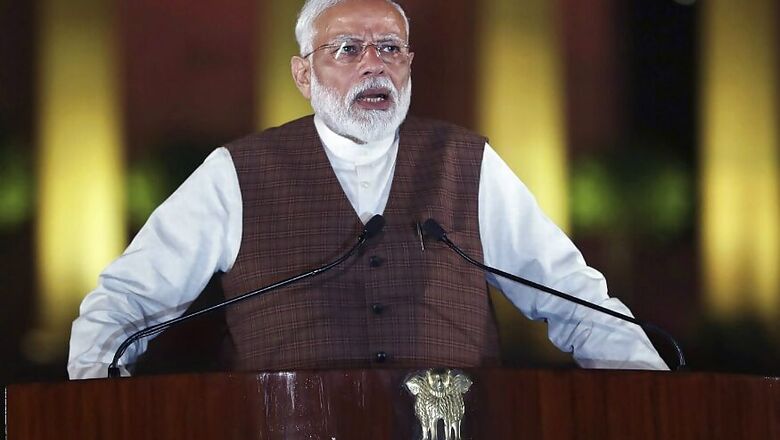
views
New Delhi: Article 370 of the Constitution, which granted special status to Jammu and Kashmir and was key to the state’s accession to India, will be removed as Home Minister Amit Shah moved a resolution in the Parliament on Monday.
The government has issued a presidential notification scrapping Application to Jammu and Kashmir order, 1954, under which the Article 370 was introduced, and replaced it with ‘The Constitution (Application to Jammu and Kashmir) Order, 2019. The 1954 provision has been superseded.
The notification lays down that in the constitutional parlance, the constitution for Jammu and Kashmir shall be now called the ‘constitution’. The government is hinting at doing away with the Ranbir Penal Code and a complete integration of Jammu and Kashmir with Indian constitution which means doing away with any special status for the state.
The notification also lays down that Jammu and Kashmir will be a union territory along with a legislative assembly, as all the references to the state government will now have to be addressed to the Governor, similar to how the situation in Delhi. Ladakh will now be a separate Union Territory without a state assembly.
The scrapping of Article 370 has been done through a Presidential notification and does not require the assent of the Parliament.
Although the scrapping of Article 370 did not require the government to seek the Parliament’s nod, the reorganisation of Jammu and Kashmir into two separate entities will require the Parliament to pass the re-organisation bill.
The government will need a simple majority to pass the bill, as was the case when Andhra Pradesh was bifurcated.
The present presidential notification derives its legality and authority from the earlier provisions of Article 370 (3) which stated that the President may by public notification say that the Article 370 is inoperative and ceases to exist.
But the same provision also says that the consent of the state assembly would be necessary to pass such an order. However the state of Jammu and Kashmir is under Governor’s rule without any state assembly.




















Comments
0 comment